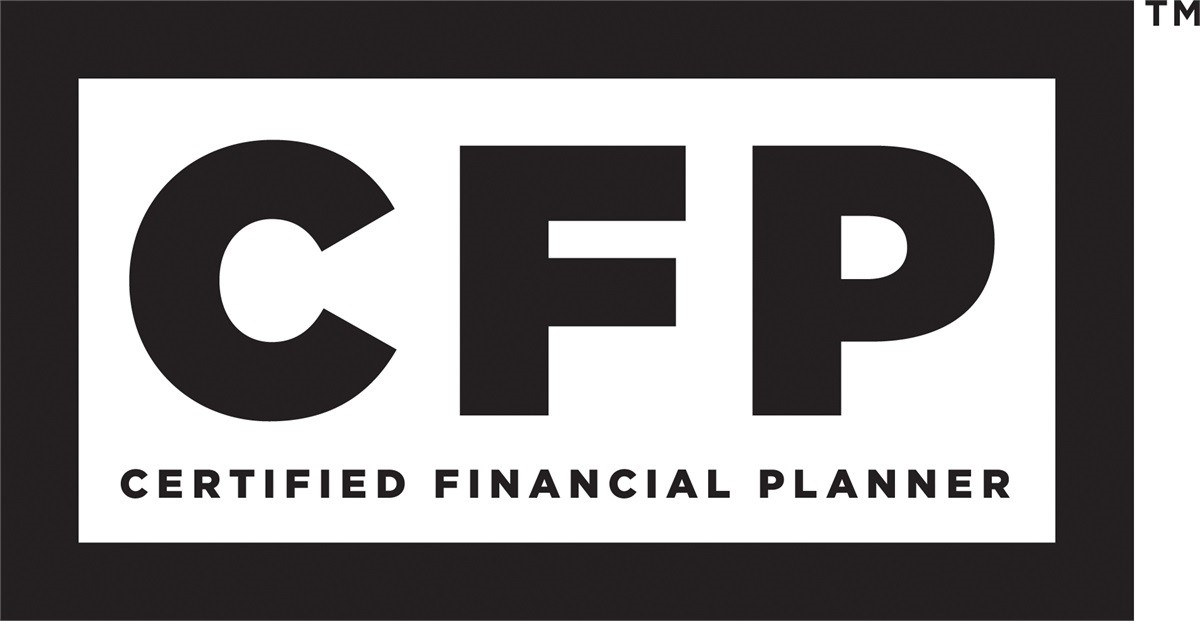With titles like financial advisor, financial planner, wealth advisor, strategic wealth partner, just to name a few, the financial planning industry can be confusing for clients. And, on top of these, there’s an entire alphabet soup of designations advisors can earn. But what do they mean?
Unfortunately, these titles don’t help you understand what an advisor can actually do for you and what relative experience they might have. However, the Certified Financial Planner™ (CFP®) designation is unique because it imposes a rigorous standard of qualification and gives you some insight into how an advisor is likely to practice. It’s no surprise that it’s also one of the most widely regarded financial planning designations and something we encourage people to look for when interviewing a financial advisor. So, what exactly is a CFP and, more importantly, why should you care?
What Is a CFP?
A CFP is a financial professional that has been credentialed according to a set of strict performance and ethical standards. A CFP professional is trained to help you develop a comprehensive strategy to reach your short and long-term financial goals – from investing for retirement to legacy and estate planning.
Who Decides Who Gets It?
The Certified Financial Planner™ and CFP® are certifications owned by the Certified Financial Planner Board of Standards, Inc., also called the CFP Board. The board sets the standards for certification and serves as a source of education for CFP professionals and the public. Further, the board will issue public sanctions for CFP professionals that have been found to be in violation of its code of ethics.
What Does It Take to Get a CFP Designation?
It’s not easy to earn the CFP certification. To get this coveted credential, financial professionals must meet a list of requirements in four main categories, often referred to as the 4Es:
- Education
All CFP professionals are required to have earned a four-year bachelor’s degree from an accredited college or university.
The CFP Board also requires the completion of five college-level courses, which must be taken at institutions approved by the board. The course work will cover topics such as:
- General financial planning principles
- Estate planning
- Tax planning
- Financial plan development
- Risk management
- Examination
CFP professionals must pass a comprehensive six-hour CFP Certification Examination that tests their ability to apply knowledge of financial planning. The exam covers all aspects of financial planning, from retirement and tax planning to estate planning, insurance, and investment management. They also complete a CFP Financial Plan Development Course where they apply their education to the facts of a real life client case study, where a mistake in the analysis early on can lead to wrong conclusions later, which is the nature of financial planning in the real world.
People who make these mistakes aren’t awarded the CFP designation. In fact, the CFP Board reports that its overall exam pass rate is roughly 60%.
- Experience
CFP candidates must have either 6,000 hours of professional experience related to financial planning processes or 4,000 hours of Apprenticeship experience. Activities in the standard pathway include delivering, supporting, and supervising financial planning activities for clients. Similar activities qualify under the Apprenticeship option, but these must be completed under the direct supervision of a CFP professional.
- Ethics
The CFP Board has a high code of standards for those it designates. It conducts a detailed background review on all candidates and requires a long list of disclosures on the application.
Before a professional is authorized to use the CFP certification mark, they are required to disclose any information about their involvement in matters related to criminal or civil cases, bankruptcy, government or regulatory agency inquiries, customer complaints, or internal reviews/termination by an employer.
Why Is It Important?
There are a lot of acronyms behind financial professional’s names, and they’re not all equal. In fact, some professional designations can be earned by attending a weekend seminar or passing some marginal test. The Certified Financial Planner process is rigorous. Having one of these professionals in your corner provides a wealth of benefits.
Fiduciary Responsibility
One of the most important reasons to choose a CFP professional is the CFP Board’s fiduciary standard for its professionals. This means that all CFP practitioners must act in the best interests of their clients when providing financial advice, even if those interests conflict with their own.
In short, a CFP professional must put your needs first. The Board’s Code of Ethics and Standards of Conduct were updated in late 2019 to be even more rigorous. As your financial advisor, a CFP professional must disclose and manage any conflicts of interest as well as adopt business practices that prevent material conflicts of interest from impacting the wellbeing of clients.
Ethics
In addition to the fiduciary responsibility, the CFP Board requires that the professionals it designates uphold principles of competence, integrity, fairness, objectivity, professionalism, diligence, and confidentiality.
The CFP Board rigorously enforces its standards. If a candidate doesn’t meet the ethical standards of the organization, they won’t receive a designation. If they are certified and later violate any standards, they could become subject to disciplinary action and/or have their certification revoked.
Ongoing Certification Requirements
Once certified, CFP professionals are required to show that they maintain technical competence as well as fulfill their ethical obligations. They must complete at least 30 hours of continuing education every two years, a portion of this spent discussing the Board’s Practice Standards or Code of Ethics.
Choosing Your Financial Planner with Care
One of the things that we discuss when interviewing prospective clients is how to interview a potential financial advisor. This includes how to tell if we’re a good fit as well as some of the more technical aspects of this important decision.
We encourage people to ask plenty of questions. What is your approach to planning? What will our work together look like? What types of clients do you work with? What is your educational background and experience?
If the advisor is a Certified Financial Planner, you’ll already have the answers to some of those questions. You can move forward with a level of comfort, knowing that this professional has demonstrated their proficiency and commitment to put your needs and interests first.
The “Alterra” name was coined by joining the Latin roots “alter”, the origin of the word “altruism” with “terra” meaning earth or land. This name reflects the company philosophy of “clients before profits” and providing firmly grounded advice.

